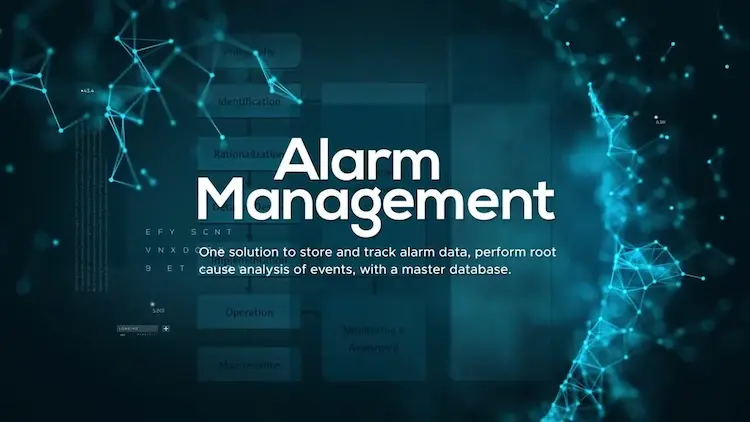In a wide variety of different circumstances, it can be necessary to equip workers with communication devices, with which they can raise the alarm in an emergency situation.
However, those devices are only effective if the way that those alerts are managed and responded to is well thought out and consistent.
In practice, the only consistently effective way to achieve this is via automated critical alarm management, but let’s take a look at what that actually means.

What are Critical Alarms?
The exact events that are covered by critical alarms vary from business to business. However, they will always involve events that require immediate attention; this might be because it’s economically pragmatic to do so, or because someone’s life is in danger.
The following are just a few examples:
- A fire alarm in a large manufacturing facility, where a slow response could result in millions of pounds of damage
- An accident in which a worker working in a remote capacity is hurt and requires immediate attention; failure to act could result in far more serious injury or death
- A broken piece of equipment, the result of which is a team left unable to continue with an ongoing project until the machinery is back up and running
Whilst the severity of each example is quite different, in each case, it is in the organisation’s best interest to have the alarm dealt with as soon as possible. Failure to act on these alarms could result in a stalled project, or in the very worst scenario, death.
Who Can Benefit from Critical Alarm Solutions?
A wide range of organisations can benefit from critical alarm solutions, however, there are some who stand to gain a lot more than others. One kind of organisation that can particularly benefit from critical alarms is any business with lone workers.
Lone workers are any workers who operate in a remote capacity; they face a diverse range of risks on a daily basis, and effective communication devices equipped with critical alarm capabilities can be incredibly useful.
Any business with machinery out in the field can also stand to benefit; that way, alerts can be sent to warn of a part failure, allowing the business to fix the machinery as soon as possible with minimal downtime.
Automated Critical Alarm Management

Every company tends to manage its alarms in a different way. While these methods can be quite effective at times, if the alarm management system is reliant on a human component, then it is also susceptible to human error.
Unfortunately, human error is inevitable – we aren’t machines, and we will make mistakes.
Automated critical alarm management systems, like those offered by ANT Telecom, remove that dependency on a human operator; alarms are sent directly where they’re needed, for example to the emergency services, and are automatically logged at the same time.
Response teams can be alerted directly on mobile devices, allowing them to get to the person or piece of machinery as soon as possible.
By decreasing response times and reducing the chance of human error, automated critical alarm management can save businesses a significant amount of money, potentially even saving lives.
As a result, they’re often well worth the investment, especially in certain industries with either remote workers or those that are reliant on machinery.